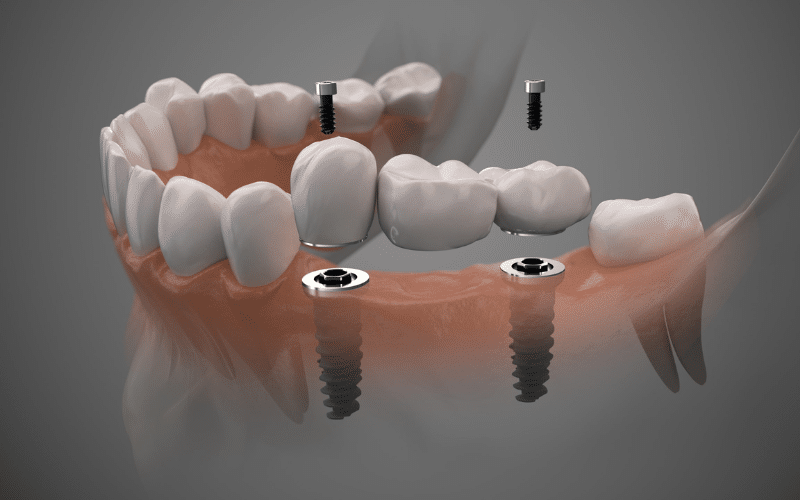What to Do if You Have Major Pain After Dental Veneers
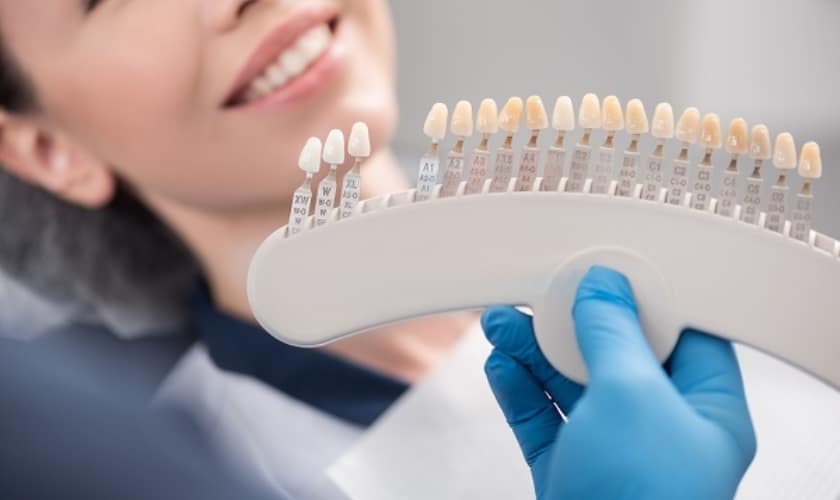
Are you experiencing major pain after getting dental veneers? Don’t worry, you’re not alone. While dental veneers are a popular cosmetic solution for improving the appearance of your teeth, they can sometimes come with some discomfort. But fear not! In this blog post, we’ll explore what causes this pain and provide you with some helpful tips on managing and preventing it. So sit back, relax, and let’s dive into the world of dental veneers and how to keep that smile shining bright without any added agony!
What Are Dental Veneers?
Dental veneers, also known as porcelain veneers or dental porcelain laminates, are thin shells made of tooth-coloured material that are custom-designed to cover the front surface of your teeth. These shells are bonded to your natural teeth using a strong adhesive, providing a long-lasting and aesthetically pleasing solution.
Veneers can be an excellent option for addressing various dental concerns such as chips, cracks, stains, gaps between teeth, and even misaligned or unevenly shaped teeth. They offer a natural-looking smile makeover by improving the shape, size, colour, and overall appearance of your teeth.
The process of getting dental veneers typically involves multiple visits to your dentist. During the initial consultation, your dentist will evaluate your oral health and discuss your goals. Then they will prepare the affected teeth by removing a small amount of enamel to ensure proper placement of the veneers.
Next comes taking impressions of your prepared teeth so that custom-made veneers can be created specifically for you. Once ready, these thin shells will be carefully placed onto each tooth using an adhesive bonding agent. Your dentist will make any necessary adjustments before finalizing the fit and appearance.
With proper care and regular dental check-ups, dental veneers can last anywhere from 10 to 15 years or even longer! Now that you have an understanding of what dental veneers are all about let’s explore why people choose this cosmetic treatment in more detail next!
Why Do People Get Dental Veneers?
- Dental veneers are a popular cosmetic dentistry solution that can transform your smile. They are thin, custom-made shells that are bonded to the front of your teeth to improve their appearance. But why do people choose to get dental veneers?
- One common reason is to fix stained or discoloured teeth. Over time, our teeth can become yellowed or stained from factors like ageing, smoking, and coffee or wine consumption. Dental veneers can effectively cover up these stains and give you a bright white smile.
- Another reason people opt for veneers is to correct chipped or broken teeth. Accidents happen, and sometimes our teeth suffer the consequences. Veneers can provide a natural-looking solution by covering up those imperfections and restoring the shape and size of your tooth.
- Some individuals may have gaps between their teeth or uneven spacing issues that they wish to address. Dental veneers are an excellent option in such cases as they can close gaps and create a more uniform smile.
- Additionally, if you have worn down enamel due to grinding or clenching your teeth (bruxism), dental veneers can help protect them from further damage while also improving their appearance.
- People choose dental veneers because they want a beautiful smile that boosts their confidence and improves their overall appearance. Whether it’s discolouration, chips, gaps, or other cosmetic concerns – dental veneers offer an effective solution for achieving the perfect smile you’ve always wanted!
Common Causes Of Pain After Getting Dental Veneers
Experiencing pain after getting dental veneers can be quite distressing, but it’s important to understand that it is not uncommon. While most individuals have a smooth recovery process, some may experience discomfort or sensitivity for various reasons.
One common cause of pain after getting dental veneers is the natural response of your teeth and gums to the procedure. The removal of a small amount of enamel during preparation can lead to sensitivity, especially when consuming hot or cold foods and beverages. This sensitivity usually subsides over time as your teeth adjust to their new covering.
Another possible cause of pain is an improper fit or bonding technique. If the veneer does not align correctly with your tooth surface or if there are gaps between the veneer and tooth, it may result in discomfort or even sharp pains when biting down. In such cases, seeking immediate attention from your dentist is crucial for adjustment or re-bonding.
Furthermore, underlying issues such as tooth decay, gum disease, or infection can also contribute to post-veneer pain. It’s essential to have any pre-existing oral health problems addressed before undergoing cosmetic procedures like veneers.
Clenching or grinding your teeth (bruxism) can place excessive pressure on the veneers and surrounding teeth. This habit can lead to soreness and jaw discomfort following the placement of dental veneers.
While experiencing pain after dental veneer placement might be disconcerting initially, it’s important not to panic. Most cases resolve themselves within a few days as you adjust to your new smile!
How To Manage Pain After Getting Dental Veneers
Experiencing pain after getting dental veneers can be quite uncomfortable and frustrating. Thankfully, there are several ways you can manage the pain and find relief.
It’s important to communicate with your dentist about any discomfort or sensitivity you’re experiencing. They may be able to provide specific instructions or recommend over-the-counter pain medication to help alleviate the pain.
Using a cold compress on your face in the affected area can also help reduce inflammation and numb the area, providing temporary relief. Just make sure not to apply ice directly to your skin; wrap it in a cloth first.
Maintaining good oral hygiene is crucial during this time. Be gentle when brushing and flossing around the veneers, using a soft-bristle toothbrush and non-abrasive toothpaste. Rinsing with warm salt water can also soothe any gum irritation.
Avoid consuming hot or cold foods and drinks that may exacerbate sensitivity. Opt for lukewarm or room temperature options instead until the discomfort subsides.
If necessary, consider taking over-the-counter pain medication such as ibuprofen following your dentist’s recommendations.
Remember that each individual’s experience will vary, so it’s essential to consult with your dentist for personalized advice tailored to your situation.
By following these management strategies, you’ll hopefully find some relief from post-veneer pain while allowing time for your mouth to adjust comfortably.
Tips for Preventing Pain After Getting Dental Veneers
1. Follow post-procedure care instructions: Your dentist will provide you with specific aftercare instructions to ensure the success of your dental veneers. It is crucial to follow these guidelines carefully, including avoiding hard or sticky foods and maintaining good oral hygiene.
2. Practice gentle brushing and flossing: Use a soft-bristled toothbrush and be gentle when brushing around your newly placed veneers. Avoid applying excessive pressure as it may cause pain or damage the veneer surface. Also, floss gently to remove plaque buildup without causing any irritation.
3. Wear a mouthguard while sleeping: If you have a habit of grinding or clenching your teeth at night, wearing a custom-fit mouthguard can help protect your veneers from excessive force during sleep.
4. Avoid biting on hard objects: Chewing on ice, pens, or other hard objects can lead to cracked or chipped veneers. Be mindful of what you put in your mouth and avoid anything that could potentially damage them.
5. Schedule regular dental check-ups: Regular visits to your dentist allow them to monitor the condition of your dental veneers and address any concerns before they become major issues causing pain.
By following these tips, you can minimize the risk of experiencing pain after getting dental veneers and ensure long-lasting results!
While dental veneers can greatly enhance the appearance of your smile, it is important to be aware that some individuals may experience pain after getting them. However, this discomfort is usually temporary and can be managed effectively with proper care and attention.
If you find yourself experiencing major pain after getting dental veneers, it is essential to consult with your dentist or prosthodontist as soon as possible. They will be able to evaluate the cause of your pain and provide appropriate treatment options. Remember, every situation is unique, so what works for one person may not work for another.
Additionally, taking preventive measures before and after getting dental veneers can help minimize the chances of experiencing significant discomfort. Follow the post-care instructions provided by your dentist diligently and maintain good oral hygiene practices.
Always remember that communication with your dentist is key. If you have any concerns or questions about pain management or any aspect of your dental veneer procedure, don’t hesitate to reach out to them for guidance.
By staying informed about potential causes of pain after getting dental veneers and taking proactive steps to manage it effectively, you can ensure a smooth recovery process and enjoy the beautiful results that these cosmetic restorations offer!
Recent Posts
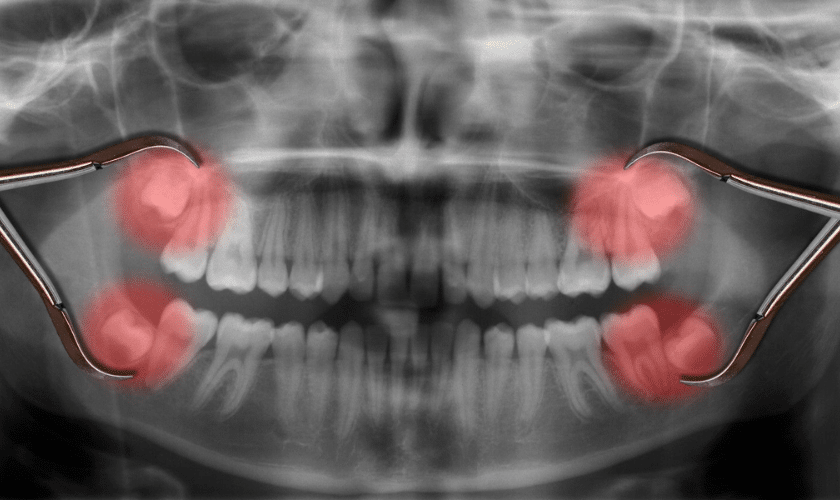
Is It Normal To Have Ear Pain After Wisdom Teeth Removal?
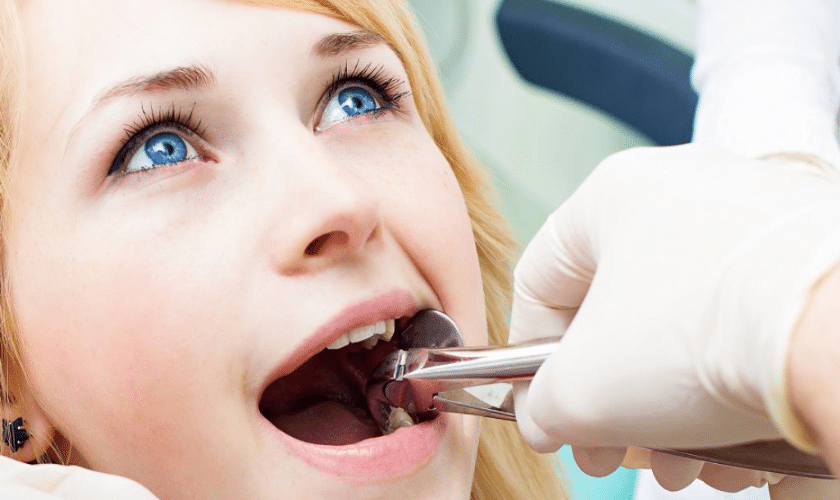
Why Does My Jaw Hurt Long After Tooth Extraction?
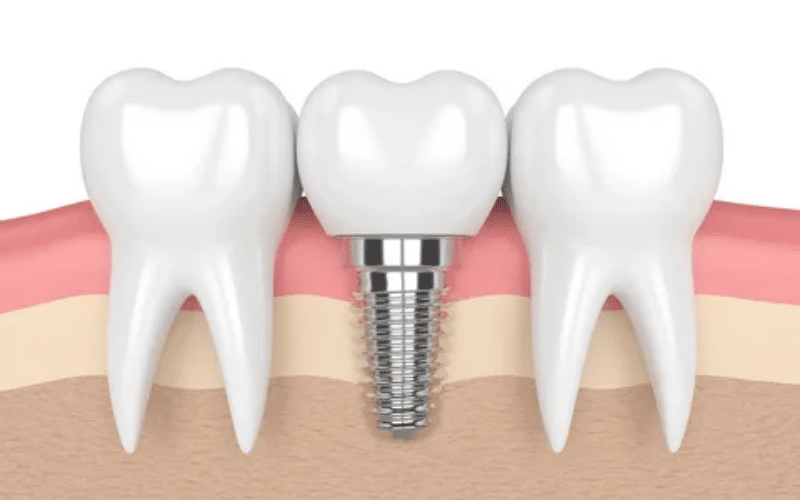
Dental Implants The Long-Term Solution To Missing Teeth And Their Benefits
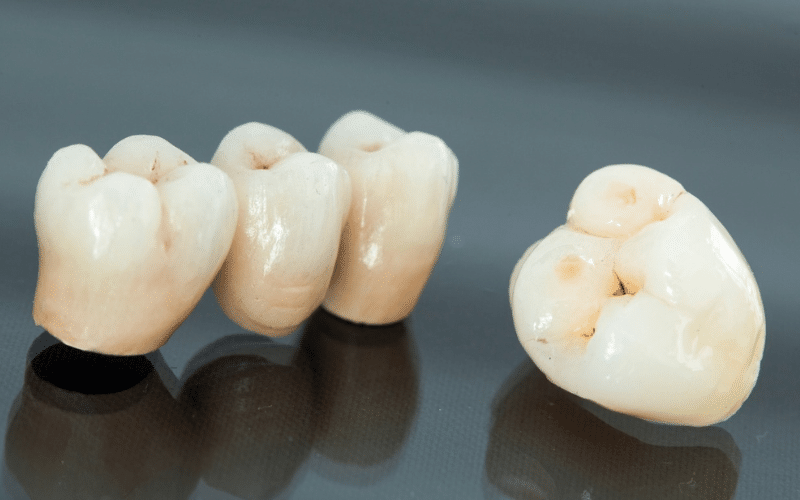
Your Dental Crown Broke Here Are 5 Steps To Take Immediately
